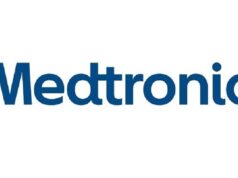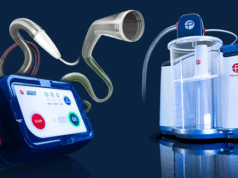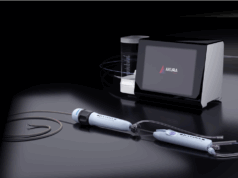
The US Food and Drug Administration (FDA) has assigned a priority review designation to the supplemental new drug applications (sNDAs) filed on 2 May 2012 for rivaroxaban (Xarelto, Bayer/Janssen), an oral anticoagulant, seeking new indications to treat patients with deep vein thrombosis(DVT), pulmonary embolism (PE), and to prevent recurrent deep vein thrombosis and pulmonary embolism.
The FDA grants priority review to medicines that offer major advances in care or provide a treatment where no adequate therapy exists. Under the prescription drug user fee act (PDUFA), FDA will aim to complete its review within six months from the receipt of the sNDA submission, rather than the standard 10 month review cycle.
“We are delighted to have received a priority review designation for Xarelto for the treatment of pulmonary embolism and deep vein thrombosis, and also to prevent the recurrence of these conditions. Each year an estimated 900,000 Americans experience a DVT or PE, and one third of those events are fatal. If approved for these indications, Xarelto has the potential to address critical unmet needs in treating patients with these serious medical conditions,” said Paul Burton, vice president, Cardiovascular Franchise Medical Leader, Janssen R&D.
The submissions are supported by data from the global EINSTEIN programme, which includes two phase 3 studies evaluating the safety and efficacy of rivaroxaban in the treatment of patients with acute symptomatic DVT or PE and the prevention of recurrent events in these patients. A third phase 3 study evaluated the safety and efficacy of rivaroxaban in the long-term prevention of recurrent DVT and PE. In total, these phase 3 studies included more than 9,400 patients.
Separately, Janssen R&D announced it is withdrawing the sNDA for the use of rivaroxaban to reduce the risk of stent thrombosis in patients with acute coronary syndrome (ACS). The company is withdrawing this sNDA because it is contingent on a separate sNDA, for rivaroxaban to reduce of the risk of secondary cardiovascular events in patients with ACS, which Janssen R&D received a complete response letter from the FDA on 21 June 2012. Data from the ATLAS ACS 2 TIMI 51 trial support both sNDAs.
“We remain confident in the overall study results from the ATLAS ACS 2 TIMI 51 trial, including the observed reduction in stent thrombosis that formed the basis for this separate sNDA,” said Burton. “Our top priority is to work with FDA on our original sNDA for ACS and submit our reply to the complete response letter as soon as possible. We plan to resubmit the sNDA for stent thrombosis at the same time.”









